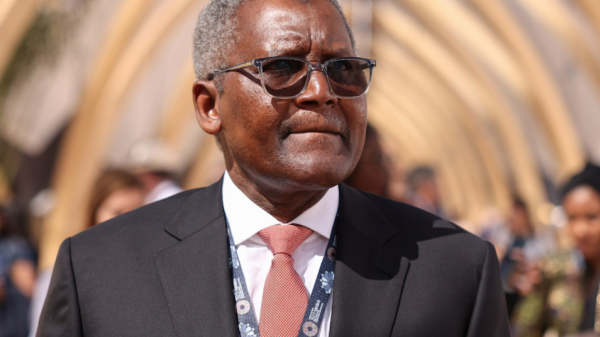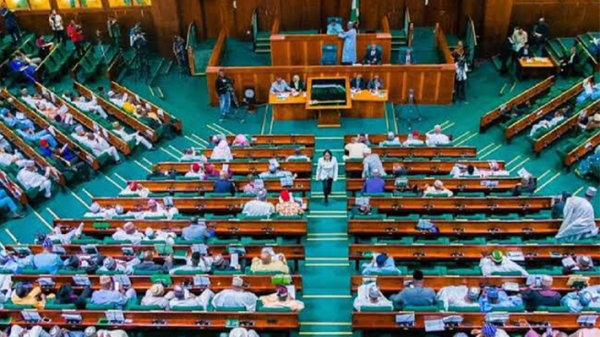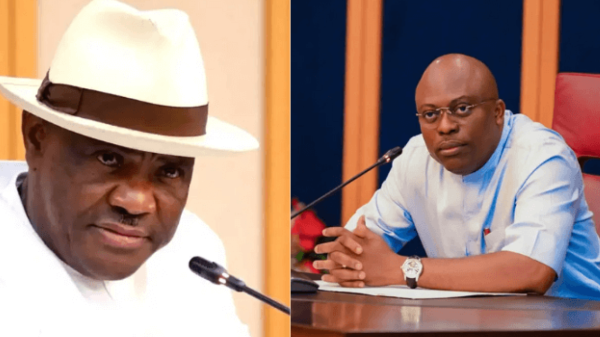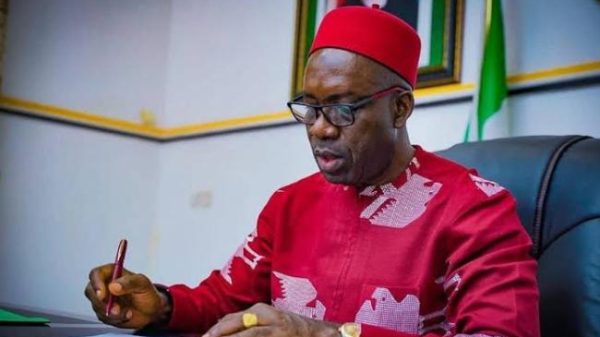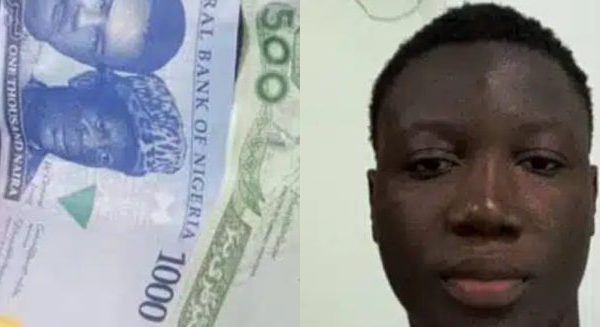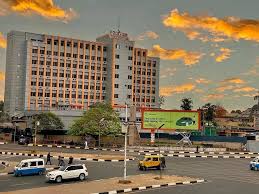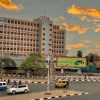As Ghana approaches its pivotal 2024 elections, the race for the presidency is shaping into a fierce battle between two major contenders: Dr. Mahamudu Bawumia of the ruling New Patriotic Party (NPP) and former President John Dramani Mahama of the opposition National Democratic Congress (NDC). While the political arena remains primarily dominated by these two stalwarts, third-party candidates, including Nana Kwame Bediako and Alan Kyerematen, are stirring the waters with their unique challenges and ambitions.
John Mahama, a familiar figure in Ghanaian politics, is rallying his campaign around promises of economic rejuvenation and governance reforms. Having served as president from 2012 to 2017, Mahama is leveraging his experience while addressing past criticisms, particularly over economic mismanagement during his tenure.
Mahama’s campaign emphasizes reversing the economic difficulties that many Ghanaians blame on the current administration. He pledges to eliminate what he terms “unfair taxes,” reset the economy, and ensure greater inclusivity in governance. Analysts suggest his focus on social interventions and rebuilding trust with the electorate may resonate with voters seeking change amid rising inflation and unemployment.
Dr. Mahamudu Bawumia, currently serving as Vice President, represents continuity for the NPP. His candidacy is steeped in promises of digital transformation, economic stabilization, and infrastructure development. Bawumia has championed initiatives like digitizing public services, modernizing payment systems, and fostering innovation in agriculture.
Despite his achievements, critics argue that the NPP’s tenure has not fully delivered on economic promises, with rising debt and unemployment casting shadows on the administration’s record. Bawumia’s ability to balance his track record with fresh solutions for Ghana’s economic challenges will likely determine his success at the polls.
Nana Kwame Bediako, known for his innovative approaches and flamboyant public image, has faced numerous setbacks in his campaign. His spokesperson, Shalimar Abbiusi, was arrested and deported under controversial circumstances last year. The Economic Community of West African States (ECOWAS) court recently ruled in her favor, ordering compensation for her unlawful arrest and detention, a decision that brought renewed scrutiny to Bediako’s challenges with state authorities.
Additionally, his high-profile pan-African event featuring Nigeria’s Peter Obi was abruptly canceled by the Ghanaian government, citing the need for the venue for a state event. These incidents have raised questions about whether his unconventional campaign methods and bold messaging are perceived as threats to the political establishment.
Alan Kyerematen, a former Trade and Industry Minister and long-standing figure within the NPP, is charting his independent path to the presidency. Having unsuccessfully contested the NPP’s leadership in the past, Kyerematen broke away from the party earlier this year, citing ideological differences. His campaign is built on the promise of a “transformational agenda” for Ghana, with a focus on empowering local industries, tackling youth unemployment, and enhancing economic self-reliance.
Though his departure from the NPP has drawn criticism from some party loyalists, others see his candidacy as a breath of fresh air in a polarized political landscape. Kyerematen’s ability to draw support from both disillusioned NPP members and undecided voters will be critical to his success.
This election cycle underscores deeper issues in Ghana’s democracy, including political polarization, allegations of voter suppression, and the role of third-party candidates in challenging the status quo. The controversies surrounding Bediako’s campaign and the abrupt cancellation of high-profile events have sparked debates about the state’s commitment to free political expression.
Meanwhile, Mahama and Bawumia continue to dominate the political narrative, each representing distinct visions for Ghana’s future. For Mahama, the election is a chance to redeem his political legacy and offer a fresh start. For Bawumia, it is an opportunity to consolidate the NPP’s achievements while addressing the economic anxieties of the electorate.

As the December polls approach, Ghana stands at a crossroads. The outcome will not only shape the country’s political trajectory but also serve as a litmus test for its democratic institutions. With the electorate closely watching the candidates’ every move, the stakes could not be higher.



















